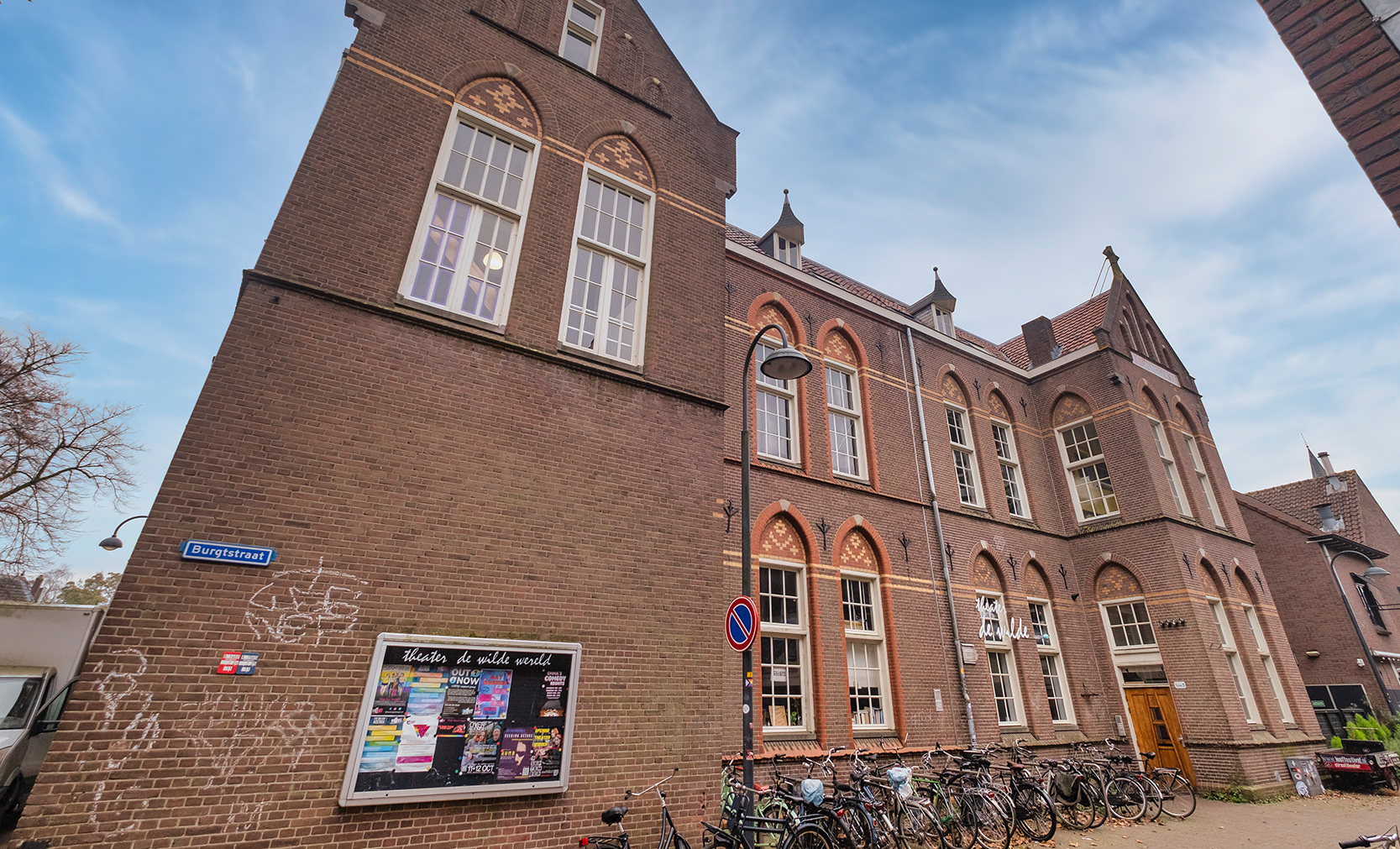Being a sustainable university with a focus on food and agriculture is a recipe for never-ending discussions about the catering on campus. One person might be concerned about their bank balance after a lunch in a WUR restaurant, while another is calling for a completely vegan assortment and — of course —a ban on guilty pleasures such as deep-fried snacks. Every time we organize an internal session on campus, we face a dilemma: what can we serve our guests that satisfies all the requirements in terms of taste, price, sustainability and inclusion, preferably using local produce? Is it even possible to satisfy all these conflicting wishes at once? Last year, an attempt was made to resolve the matter with the Bitterbal Dialogue. But it’s still a sticking point: can the classic Dutch meat croquette snack ever really fit with sustainability? In that context, we need to examine the bitterbal more closely. Because let’s be honest, the bitterbal that everyone gets so worked up about is perhaps the ultimate use case for hybrid food as part of the protein transition.
It’s still a sticking point: can the bitterbal ever fit with sustainability?
While it is difficult to persuade consumers to eat most hybrid products (take Lidl’s pea-mince mix), the bitterbal has been a successful staple for decades. Mix some animal protein with wheat gluten and wheat fibre (i.e. flour or breadcrumbs) and there you have it! A product with relatively cheap animal protein. The traditional beef bitterbal is at risk of being banned from WUR canteens after a noisy campaign, and yet the meat content is only 5 per cent (less meat than most hybrid products!). You could eat 42 of these meat croquettes a day and still be below the limit for red meat according to the guidelines for healthy and sustainable nutrition!
The real lesson? Let’s not make life unnecessarily difficult for ourselves at WUR with our canteens and vending machines. Things are already hard enough. Perhaps we should allow ourselves a dish of bitterballen to snack on while brainstorming about the impending cuts of 80 million euros. Financially, I’m hoping for a solution that is as hybrid as a bitterbal: a bit of salami slicing, a slightly smaller workforce, minor cuts in overheads and perhaps slightly less expensive catering. After all, there’s no such thing as a free lunch, even if it’s bitterballen.
Guido Camps (40) is a vet and researcher at Human Nutrition and OnePlanet. He enjoys baking, beekeeping and unusual animals.




